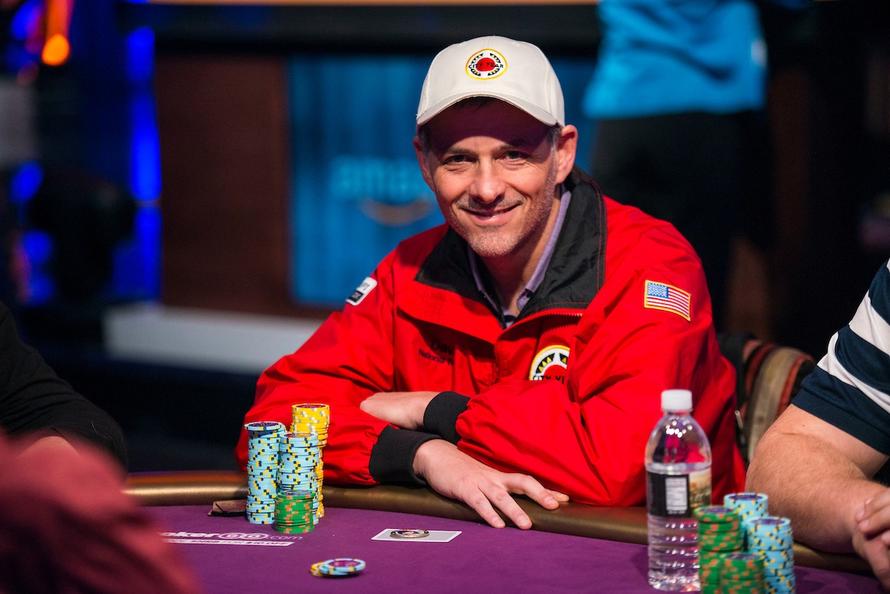Submitted by Nicholas Colas of DataTrek
Behavioral finance is an especially important topic during choppy markets. Today we review new work in the discipline that shows why people tend to make risky decisions even when they know the odds are against them, or avoid risky decisions even if the odds are favorable. More on that and what it means for the current volatile market environment below.
* * *
In volatile markets such as now, good risk management is essential for traders and investors alike. Part of that process is straight-up math (i.e. stop losses) but the harder part involves understanding how the human mind processes perceptions of risk. That’s why we are always on the lookout for new work in behavioral finance. As much as we’d all like to think all our investments are always and forever rooted in sound decision-making, emotions often sneak their way in.
For example, why do we make risky decisions even when we know the odds are against us? Or avoid risky trades despite favorable odds? Those are the questions a new study by researchers from Johns Hopkins sought to answer, which will soon be published in the Proceedings of the National Academy of Sciences.
Here’s a breakdown of their experiment, which we found extremely novel because of the subject population:
- Patients at the Cleveland Clinic’s Epilepsy Monitoring Unit played a simple card game based on risk taking.
- Why this specific subject group? The researchers could analyze the patients’ decisions during the card game as these subjects had already undergone a procedure where doctors implanted electrodes in their brains. These electrodes help identify the location of seizures and record voltage signals from surrounding neurons.
- The game: patients challenged a computer with an infinite deck of cards consisting of five different values (2, 4, 6, 8 and 10) that were each equally likely to be dealt. They were shown one upward facing card (their card) and one downward facing card (the computer’s) on the computer screen. They then had to bet low ($5) or high ($20) that their card’s value was higher than the computer’s facedown card.
The results:
- The researchers found that participants bet “quickly and instinctively” when dealt a 2, 4, 8 or 10. But when dealt a 6 (where the odds were 50/50), they were more uncertain and were swayed by their bias of past performance despite no change in odds.
- According to the researchers: “When your right brain has high-frequency activity and you get a gamble, you’re pushed to take more of a risk… But if the left side has high-frequency activity, it’s pulling you away from taking a risk. We call this a push-pull system.”
- They were therefore able to calculate “each patient’s bias using only their past wagers… what happened most recently weighs on a person more than older events do. This means that based on the history of a participant’s bets, we can predict how that person is feeling as they gamble.”
The upshot: “participants’ betting behavior was based on how they fared on past bets even though those results had no bearing on the outcome of the new bets.”
So what do we make of this and what it means for the current market environment? A few points:
- Don’t forget that humans feel gains and losses differently, especially when it is their own money. For example, losing your own money feels worse than gaining money feels good. That’s Prospect Theory, and the fact that the experiment’s subjects bet on “streaks” rather than being risk-averse is very notable.
- The Johns Hopkins game demonstrates the House Money Effect and shows it actually has a very short fuse. When gambling, a winning bet creates a positive feeling and individuals tend to misallocate that money as belonging to the “House”. They should view it as their own since they won it, but the idea that it is the “House’s money” causes them to be riskier with it even if there are long odds.
- Likewise, investors tend to view recent gains in a winning position as the “House’s money”. Rather than recognizing it as their own and treating it as such, they tend to make riskier decisions during future trades. It also works both ways, as recent losing positions often lower investors’ risk tolerance rather than separating out the emotion.
Why this matters right now: the S&P has just posted a five day win streak and is now +3.6% on the year. Investors and traders are now highly subject to “streaky” bets on further gains, but…
- President Trump canceling his trip to Davos today due to the government shutdown likely means more volatility to come for two reasons: this is just the start of contentious gridlock in DC with a split congress and it represents one less chance for Presidents Trump and Xi to strike a trade deal.
- Chair Powell’s latest comments about the central bank’s balance sheet getting “substantially smaller” going forward.
- A potentially disappointing fourth quarter earnings season, due to start next week, plus the real chance of further reductions in guidance for 2019.
Bottom line: even with the recent relief rally (and as we’ve shown here, because of it), investors need to remain wary at not get caught up in past gains or losses.
via RSS http://bit.ly/2Fu8igE Tyler Durden
